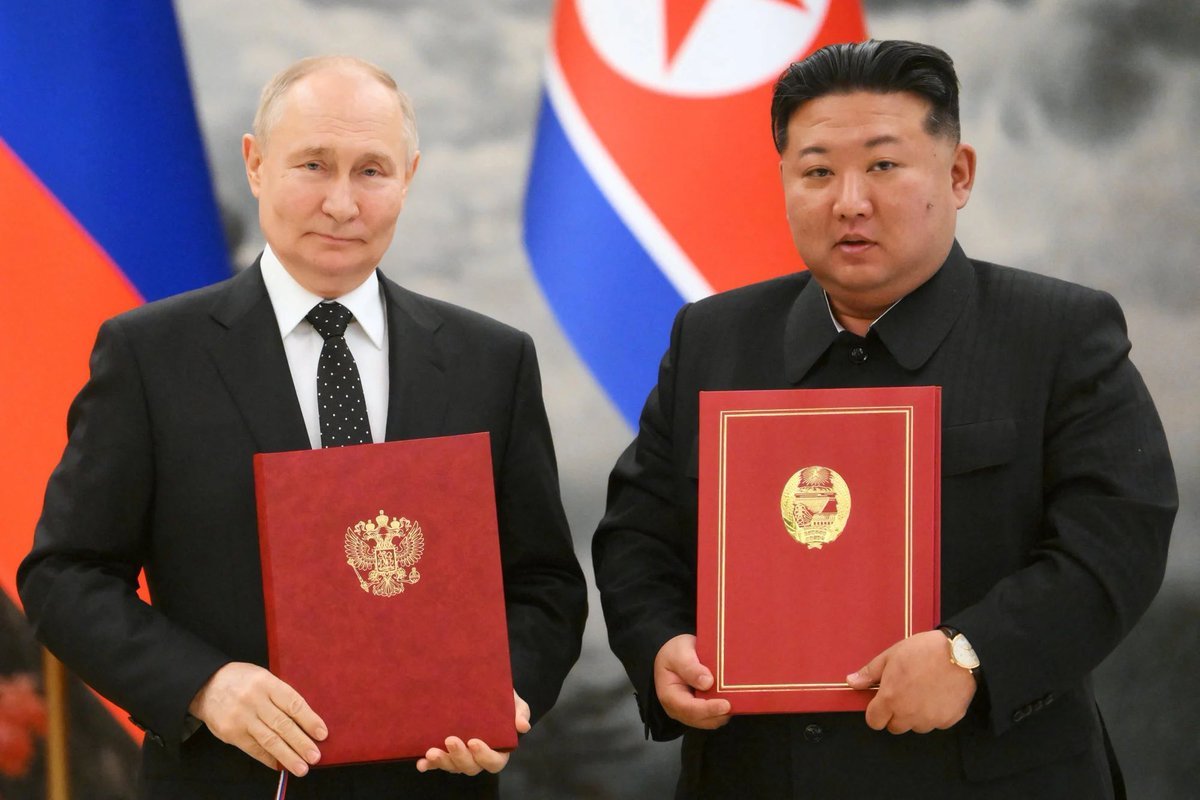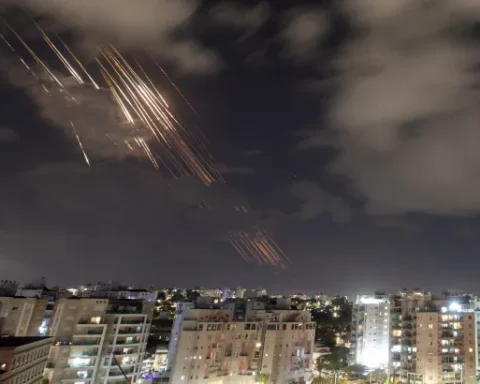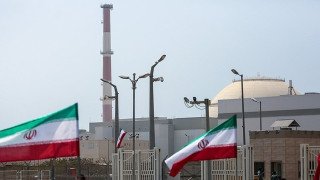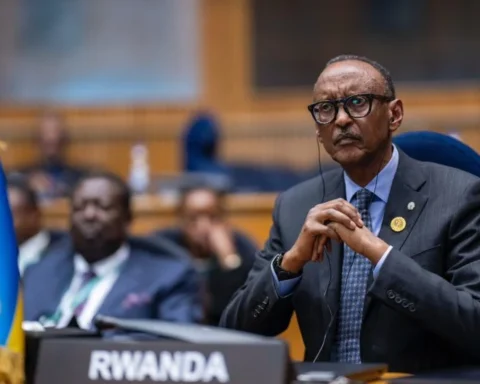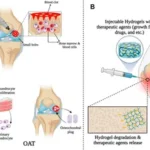After more than four years of border closures and suspended services, Russia and North Korea are set to reopen one of the longest passenger train routes in the world.
Beginning next Tuesday, June 17, a non-stop train will depart Pyongyang, North Korea’s capital, for an eight-day journey across the vast Russian landscape, eventually arriving in Moscow on June 25.
The historic route, which stretches over 10,000 kilometers (around 6,200 miles), is being brought back to life by Russian Railways, following its suspension due to COVID-19 border restrictions imposed in early 2020. For years, North Korea remained almost entirely closed off, even prohibiting its own citizens from re-entering the country during the height of the pandemic.
With border trade slowly resuming in 2022, and a brief 17-minute passenger rail service revived between nearby border towns last December, the reintroduction of the full Pyongyang–Moscow route marks a significant milestone in the growing ties between these two nations.
According to Russian Railways, the new route will operate twice monthly — on the 3rd and 17th of every month. Return trips will depart Moscow the day after arrival. The journey will be handled using North Korean rolling stock, specifically compartment coaches, managed by North Korean State Railway.
What makes this route particularly unique is not just its length — which qualifies it as the longest non-stop passenger rail route globally — but also the immersive cultural and geographic experience it offers. Travelers will pass through a dozen Russian cities, including Irkutsk, Krasnoyarsk, Novosibirsk, and Yekaterinburg, allowing them to witness the sheer scale and diversity of the Russian landscape.
Also Read; BRICS Accelerates Digital Drive For Global South
Another train route between Pyongyang and Khabarovsk will also resume on June 19, further cementing a deepening connection between the two countries.
This renewed transport link is not occurring in isolation. Since Russia’s full-scale invasion of Ukraine in 2022, Moscow and Pyongyang have steadily increased their cooperation — politically, economically, and militarily. Late last year, the two governments signed a mutual defense agreement, strengthening their strategic alliance in the face of rising global tensions.
Most notably, Russian President Vladimir Putin recently thanked North Korean leader Kim Jong Un for what he described as military assistance, including troops deployed to support Russian forces in the Kursk region — an assertion that Western and South Korean intelligence had long suspected but which had never been publicly confirmed until now.
As the world watches this unusual rail revival, it’s clear that the Pyongyang–Moscow railway is far more than a transportation project. It’s a symbolic track laying down deeper ties between two isolated regimes, now bound not just by ideology and political necessity, but by steel rails that stretch across a continent.

